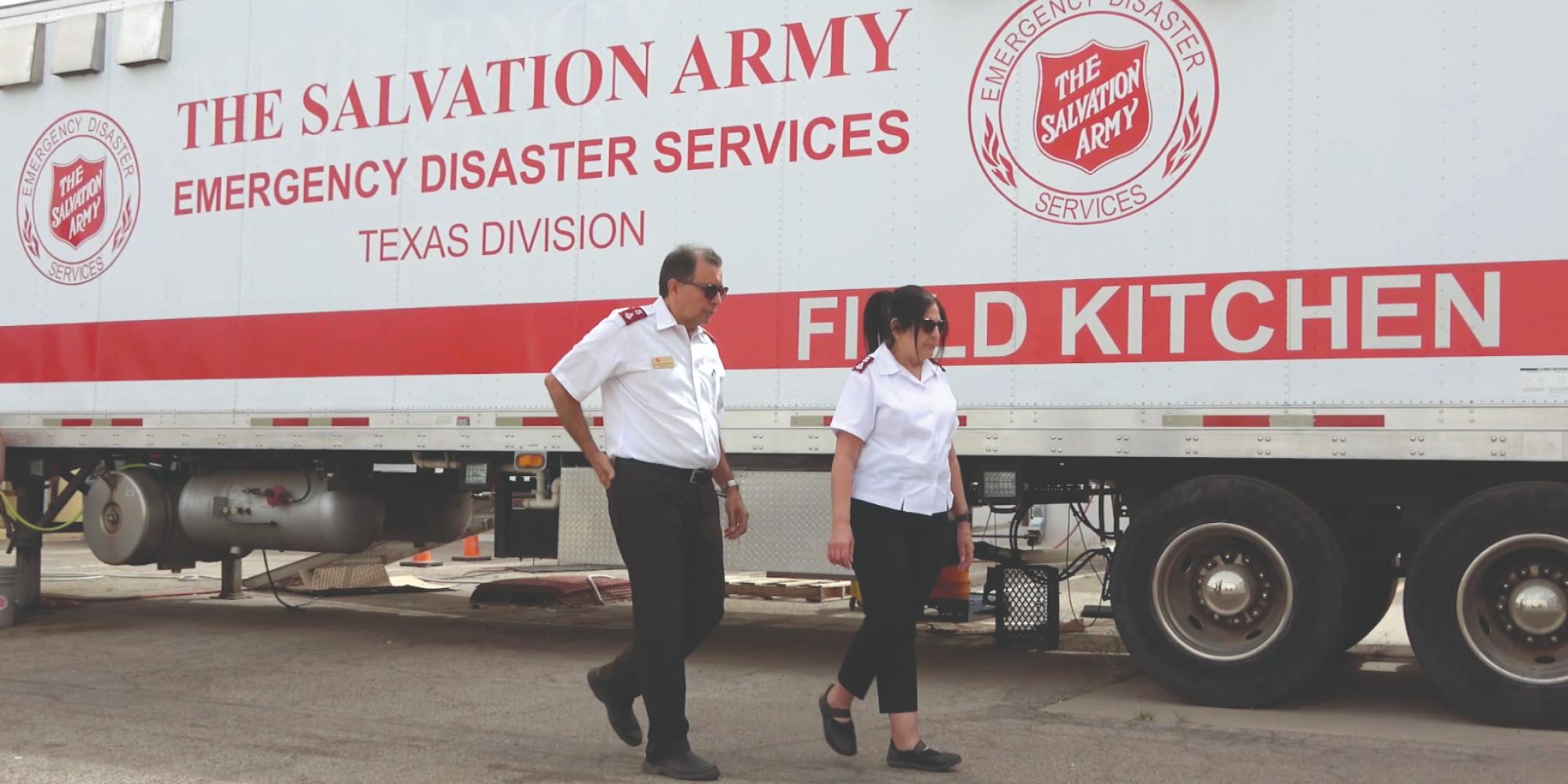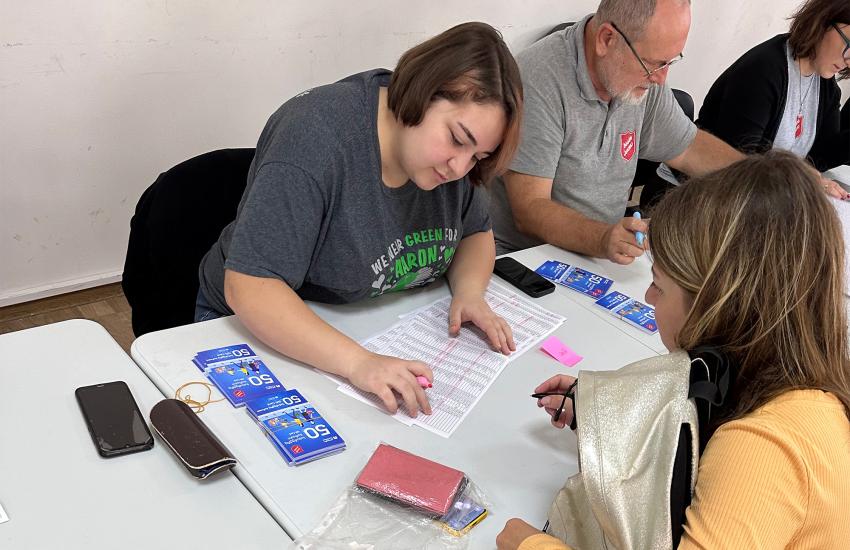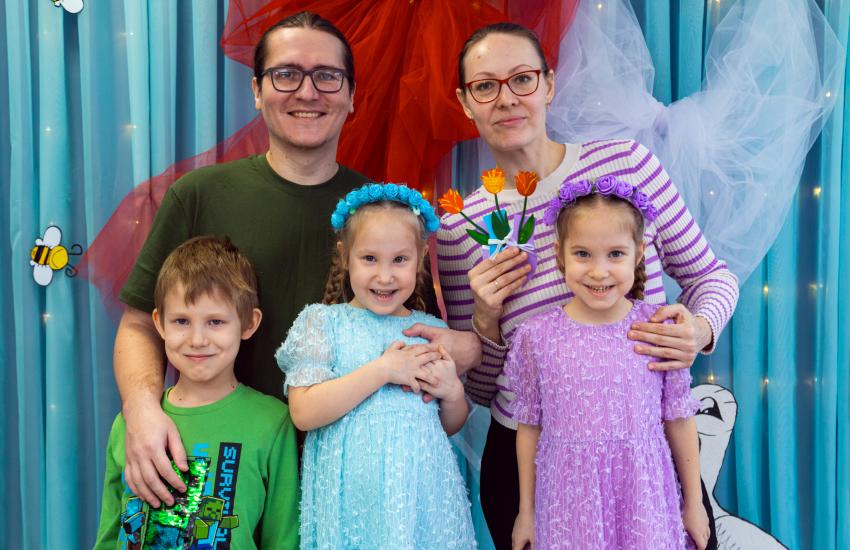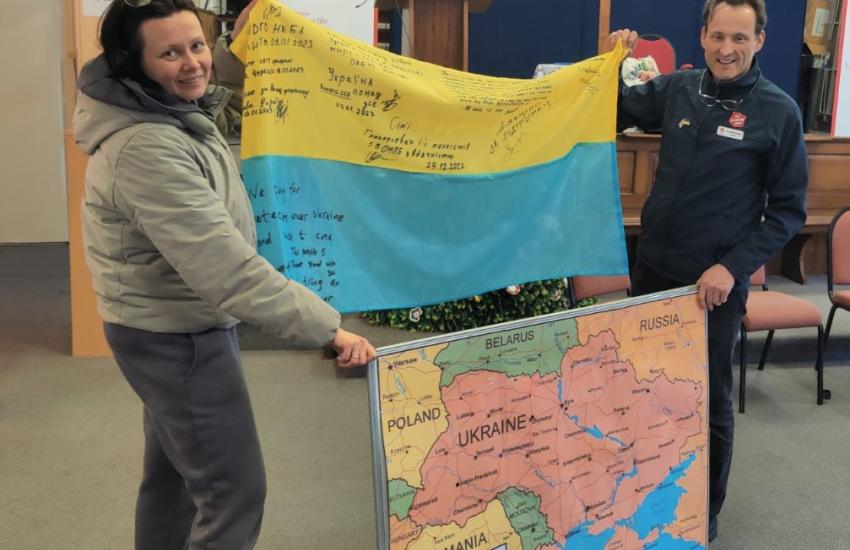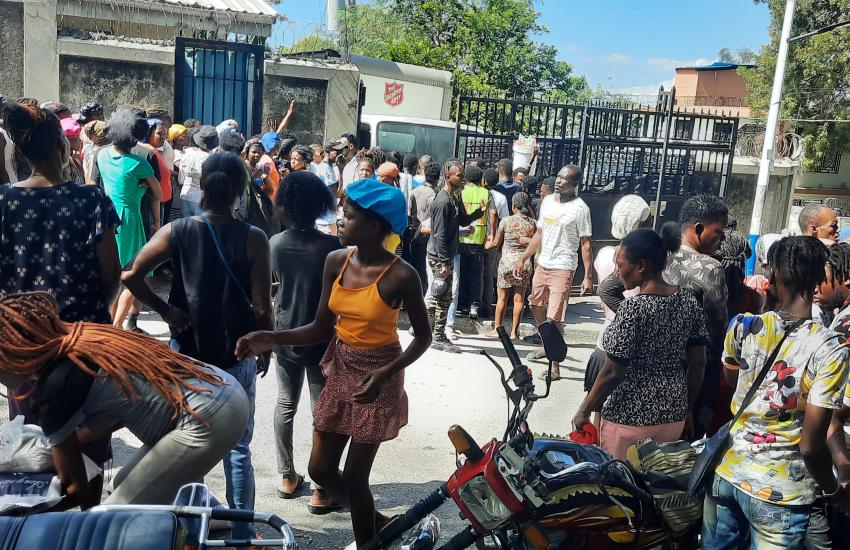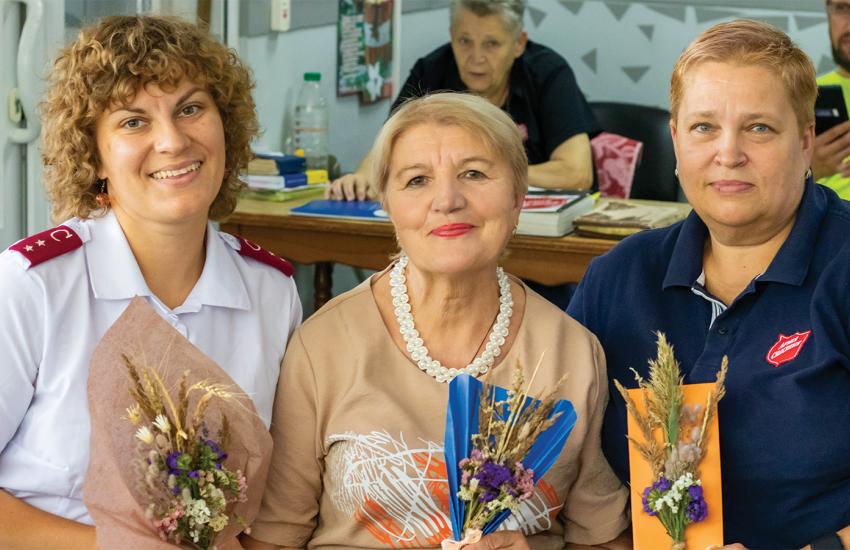Weaving its way, for the most part, along the banks of the Rio Grande, the Mexico-US border is 1,954 miles of opportunity and danger. In 2022, nearly 2 million people attempted to cross this border – a journey which can be gruelling, dangerous and even claim lives.
The Salvation Army has the burden and the honour of existing on both sides of this border – to the north, the state of Texas sits within our USA Southern Territory; to the south, a literal stone’s throw away, the states of Chihuahua and Coahuila are part of our Mexico Territory. Both are responding to the needs of what is fast becoming a humanitarian crisis. But what does it look like to serve people, as Jesus would, on either side of a human-drawn line?
The Kingdom of God’s love has no borders, requires no visa and there is no fear of deportation. With this in their hearts, the work of The Salvation Army in Mexico and USA Southern seeks to meet people where they are, as they are.
In the USA
In the Texas Division, led by its Emergency Disaster Section, corps officers (ministers) and other trained responders provide a number of services including delivering food parcels and coats to survive the winter months, providing legal assistance, teaching and resourcing about the risks of human trafficking and leading children’s play programmes. This work has served thousands of people across 2022 and continues to serve them in 2023, as the migration crisis at the US-Mexico border continues.
In Mexico
South of the divide, the Mexico Territory has many projects and programmes in Tijuana and Ciudad Juarez which cater to those who have attempted to cross, are waiting to cross or those who have experienced deportation. There are multiple men’s and women’s shelters for those at risk of, or those fleeing from, human trafficking scenarios associated with making the crossing into the US. These shelters provide temporary housing, rehabilitation and psychosocial support for their beneficiaries. They provide trauma-informed services – meaning that each step of the response is rooted in respect for the pain and suffering experienced by those involved.
